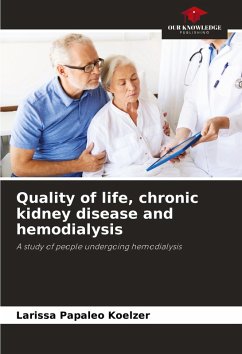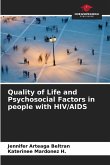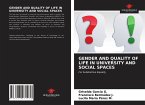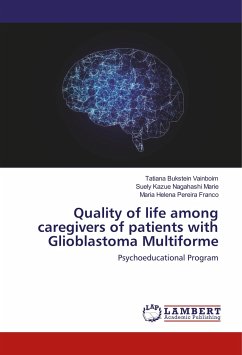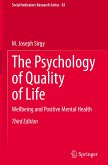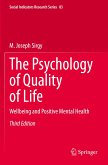The aim of this study was to verify the relationship between the social representations of chronic kidney disease and hemodialysis and the health-related quality of life of hemodialysis patients. To this end, we sought to describe the social representation of these themes in order to ascertain the possible relationships between them. This study found that hemodialysis is mainly linked to the concept of suffering. The need for treatment is perceived by many as a dependency. Based on the interviews, it was observed that dependence occurs because patients feel that the results of treatment are favorable and are afraid of the prognosis if they abandon it. Hemodialysis represents the possibility of living longer and relieving the symptoms of the disease for many patients. There is also the concept of hemodialysis as salvation, an aspect linked to religiosity. In this sense, hemodialysis is considered "something from God" or "a grace", and is accepted as the only way to survive.
Bitte wählen Sie Ihr Anliegen aus.
Rechnungen
Retourenschein anfordern
Bestellstatus
Storno

